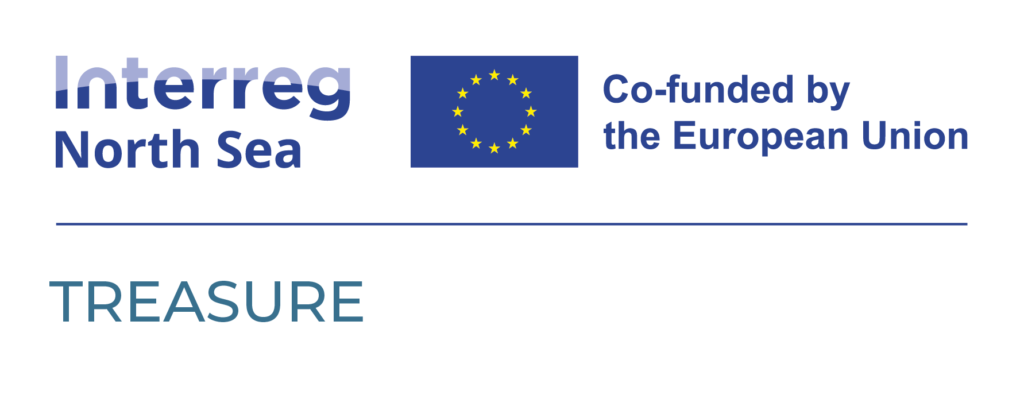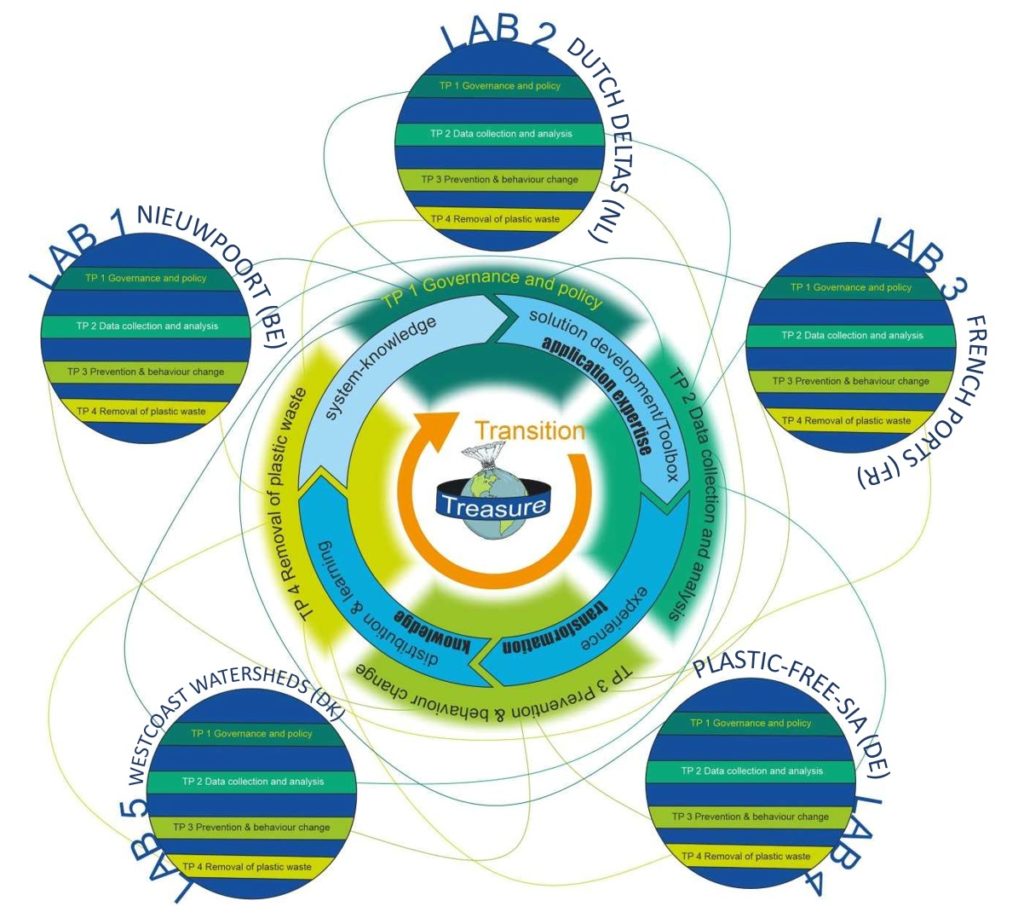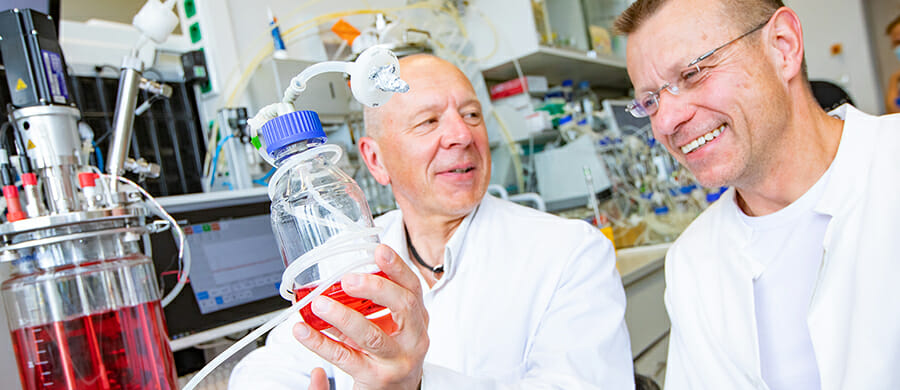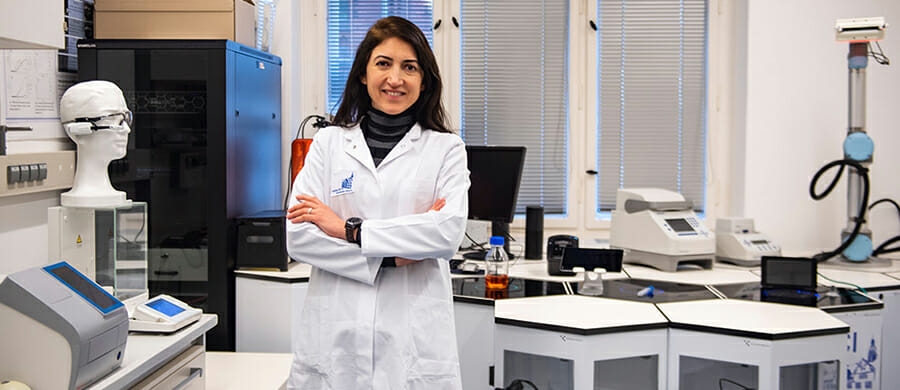CARL VON OSSIETZKY UNIVERSITY OLDENBURG
COAST – Centre for Environment and Sustainability
DATA & FACTS
Project
TREASURE (2023-2026)
Scientific contact
Antonia Krebs
EU-Funding line
Interreg North Sea Region
Projektleitung: Prof. Dr.-Ing. Arno Kwade
Projektname: „Li-Ion Pilot Lines Network“ (LiPLANET)
Keywords: Energie, Mobilität, Partner
Projektleitung: Prof. Dr.-Ing. Arno Kwade
Projektname: „Li-Ion Pilot Lines Network“ (LiPLANET)
Keywords: Energie, Mobilität, Partner

TREASURE reduces plastic waste entering the North Sea through transnational cooperation
In TREASURE, 15 partners from Denmark, Germany, the Netherlands, Belgium, and France are jointly tackling the problem of plastic pollution in the North Sea. A significant amount of plastic waste enters the sea via rivers and inland waterways, which poses a serious threat to the environment and human health. Led by the Centre of Environment and Sustainability Research at the University of Oldenburg, the project consortium aims to reduce the outflow of plastic waste from rivers and inland waters into the North Sea.
An integrated cross-sectoral approach to identify, eliminate, and reduce this riverine waste is thus expected to make an important contribution to solving the plastic problem.
The project addresses four interrelated dimensions:
- Governance and policy – improving cross-sectoral governance for effective collaboration and joint action among stakeholders in functional areas and water systems (river basins, estuaries, metropolitan areas, …). Improve policies at different levels (local, regional, (trans)national) for effective waste prevention in rivers by combining (binding) legislation and informal policy frameworks.
- Data collection and analysis – using various proven and new methods with the aim of increasing knowledge on the nature, composition and sources of waste and comparing and harmonizing approaches.
- Prevention and behavior change – raising awareness and educating specific target groups in business (e.g. tourism), government (municipalities, regions) and the general public about the need and opportunities to reduce plastic pollution in their respective capacities and processes.
- Plastic waste removal – applying different techniques to remove waste from rivers to gain knowledge on the effectiveness of different solutions under different conditions (e.g. environment or type of pollution).
These four dimensions will be addressed in 5 regional living labs, representing different areas typical of the North Sea region (e.g. estuary, urban water system, port, coast). Each living lab targets a combination of waste management techniques, data collection activities, prevention measures, and policies. The goal is to develop robust, practical solutions in all four dimensions.

Author:
Antonia Krebs
Date:
26.06.2023
this might also interest you …

Project: heart
Chronic heart failure – also known as cardiac insufficiency in medicine – is the most common reason for hospital admissions and one of the most frequent causes of death in the western world. In Germany alone, four million people suffer from this disease. Often a heart attack precedes, as a consequence the heart muscle is no longer supplied with blood and thus oxygen…

Project: decades
The chemical industry is currently facing the challenging transformation of replacing classic, chemical manufacturing processes based on petroleum with sustainable, bio-based products, in line with the concept of a circular bioeconomy. Solvents, in particular, play a crucial role in the chemical industry along the entire production chain.
